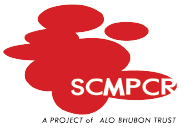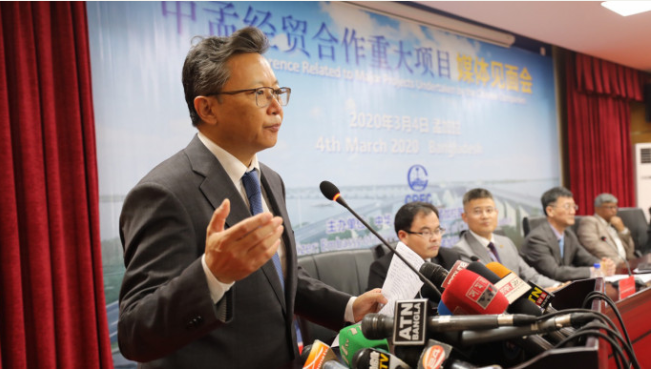“ঢাকা বিশ্ববিদ্যালয় টেলিমেডিসিন কার্যক্রম” এর উদ্যোগে মোবাইলভিত্তিক হটলাইন চিকিৎসা সেবাদানে যুক্ত হতে আগ্রহী ডাক্তার আহবান
করোনা ভাইরাসের কারণে উদ্ভূত বর্তমানে দেশের জরুরি অবস্থার পরিপ্রেক্ষিতে বায়োমেডিকেল ফিজিক্স এন্ড টেকনোলজি বিভাগ পরিচালিত “ঢাকা বিশ্ববিদ্যালয় টেলিমিডিসিন কার্যক্রম” খুব শীঘ্রই মোবাইল ফোনের মাধ্যমে হটলাইন-ভিত্তিক টেলিমেডিসিন সেবা চালু করতে যাচ্ছে।
এ প্রসঙ্গে বিভাগের প্রতিষ্ঠাতা চেয়ারম্যান এবং “ঢাকা বিশ্ববিদ্যালয় টেলিমেডিসিন কার্যক্রম” এর প্রেসিডেন্ট ড. খোন্দকার সিদ্দিক-ই রব্বানীর পক্ষ থেকে আগ্রহী ডাক্তারদের উদ্দেশ্যে লিখিত আমন্ত্রণপত্রটি নিচে হুবহু তুলে ধরা হলো। পাশাপাশি আমন্ত্রণপত্রটি ডাউনলোডের জন্য পিডিএফ লিংকও নিচে সন্নিবেশিত করা হলো। More reading


